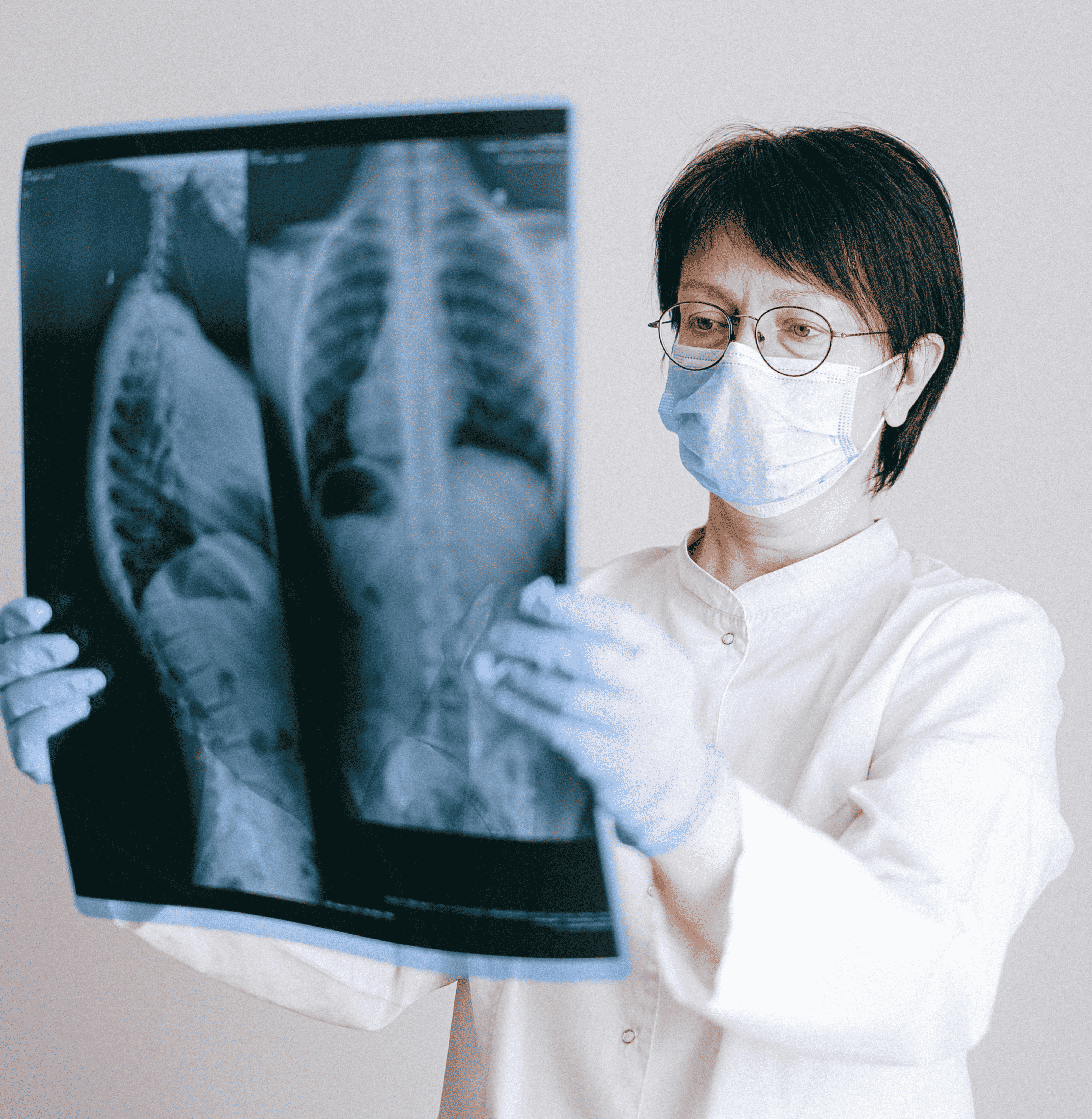
A return to “normal life” without restrictions such as “social distancing” will not possible as long as there is no vaccine or medication against COVID-19, Chancellor Angela Merkel said last week. Although specialists do not expect a vaccine until the end of the year at the earliest, the development of drugs could go faster. The president of the German Federal Institute for Drugs and Medical Devices (BfArM), Karl Broich, has confirmed the assessment of experts that there could be an approval for drugs to treat the corona infection before the end of this year.
“I assume that we will receive the first reliable results from the currently ongoing studies by late summer,” Broich told the General-Anzeiger newspaper. At present, however, there is no confirmation that the existing drug is actually effective, he stressed. Caution must also be exercised with Remdesivir, with which very good results have already been achieved in a hospital in California, among others. “At present, no statements can be made about the efficacy of any drug on COVID-19,” said the BfArM. We must first wait for the results of ongoing clinical trials.
Several clinical trials with different drugs
Three such studies are currently being carried out with Remdesivir in Germany alone. “All patients included in these studies are moderately to severely ill and are treated as inpatients,” said the Institute. In addition, confirmation was received at the beginning of April that the drug may be released for use before its official approval for patients with very severe COVID-19 disease.
Remdesivir was originally developed to combat Ebola infections, but did not have a major effect. For this reason, further development was dropped. After initial laboratory results in use against the coronavirus were positive, the substance is now being tested in clinical trials in Germany and elsewhere.
Remdesivir is not the only drug being tested, however. Four additional clinical trials are underway with the malaria drug hydroxychloroquine, which is used to treat both mildly and severely ill people. In another trial, seriously ill patients are being given angiotensin converting enzyme 2 (ACE2). This enzyme might prevent the SARS-CoV-2 pathogen from entering the cells.
First clinical trials with vaccine
In addition to the search for effective drugs to combat COVID-19, scientists around the world are also conducting research for a vaccine. Ursula von der Leyen, President of the EU Commission, hopes that a vaccine could be developed by the end of the year. Since several people have already signed up for vaccine trials, a few small studies with humans are already underway or will soon begin. However, the approval and clinical testing of vaccines is usually quite lengthy.
Until now, it was assumed that development would take about 15 years, but this process is expected to be considerably shorter for SARS-CoV-2. This could mainly achieved by biotechnological methods which only require the genetic information of viruses and not the viruses themselves.
Klaus Cichutek, President of the Paul Ehrlich Institute, which is responsible for vaccines, already indicated last month that he expected the first clinical trials to be carried out between summer and autumn. For 2021, he expects larger clinical trials involving thousands or perhaps tens of thousands of test persons.
Support us!
Innovation Origins is an independent news platform that has an unconventional revenue model. We are sponsored by companies that support our mission: to spread the story of innovation. Read more.
At Innovation Origins, you can always read our articles for free. We want to keep it that way. Have you enjoyed our articles so much that you want support our mission? Then use the button below:






